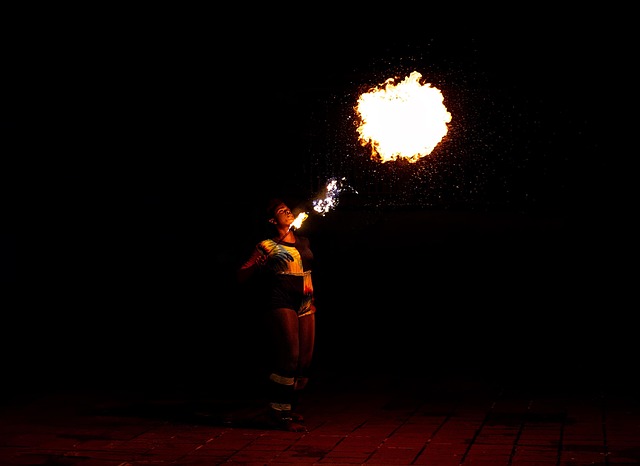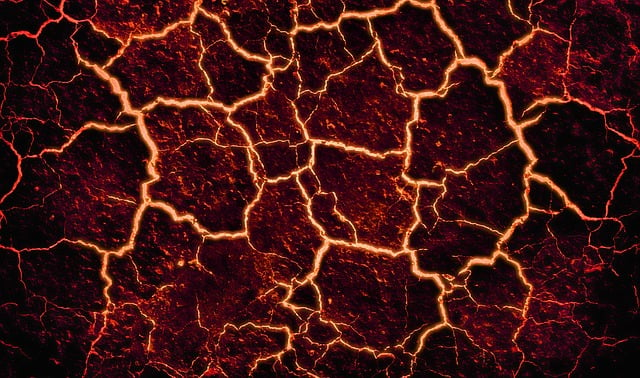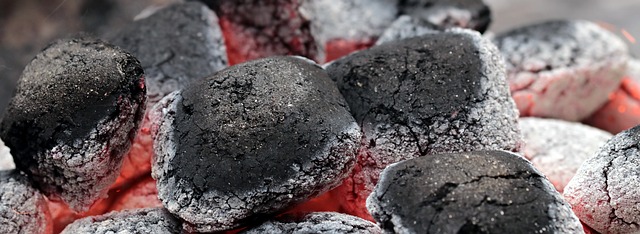Selling a house with fire damage in Chicago requires professional property valuation, understanding legal regulations, and considering insurance claims. Homeowners must weigh restoration vs. replacement, consult experienced real estate agents, and ensure transparency to navigate the sale successfully. Key factors include assessment by appraisers, buyer inspections, disclosure of property history, insurance coverage limits, and market appeal influenced by restoration or modern updates.
“In Chicago, post-fire property valuation is a complex process, especially when considering the legal and financial implications for homeowners. This article delves into the intricate details of fire damage assessments in the city’s real estate market. We explore whether fire-damaged properties can be sold, the role of insurance companies, and how restoration vs. replacement impacts property value. Additionally, expert tips are provided to navigate post-fire home sales, offering valuable insights for Chicago residents facing this challenging situation.”
- Understanding Fire Damage Assessments in Chicago Real Estate
- Legal Considerations: Can Fire-Damaged Properties Be Sold?
- The Insurance Role in Post-Fire Property Valuation
- Restoring vs. Replacing: Impact on Property Value
- Expert Tips for Navigating Post-Fire Home Sales in Chicago
Understanding Fire Damage Assessments in Chicago Real Estate
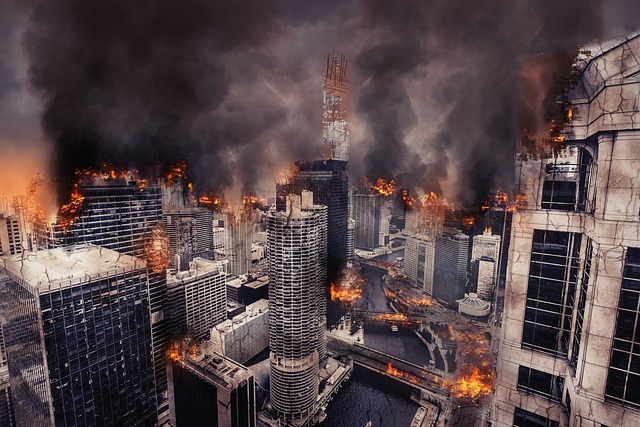
In Chicago, post-fire property valuation is a critical process that requires meticulous assessment of fire damage. When determining the value of a home affected by fire, several factors come into play, such as the extent of the damage, the age and condition of the property before the incident, and market trends in the specific neighborhood. Professional appraisers skilled in Chicago real estate standards conduct these assessments to provide accurate valuations. They meticulously inspect every aspect of the property, from structural integrity to interior repairs needed, to arrive at a fair market value post-fire.
Understanding fire damage assessments is crucial for homeowners looking to sell a house that has sustained fire damage in Chicago. Knowing what factors influence the valuation can help set realistic expectations and guide the decision-making process. Whether it’s a small kitchen fire or a more extensive blaze, each scenario demands a tailored approach to ensure a property is valued appropriately, allowing owners to navigate the sale with confidence and peace of mind.
Legal Considerations: Can Fire-Damaged Properties Be Sold?

After a fire, many homeowners in Chicago wonder about their property’s value and future saleability. The good news is that it is possible to sell a house with fire damage, but there are legal considerations to keep in mind. In Illinois, including Chicago, real estate transactions are governed by specific laws and regulations, especially when dealing with distressed properties.
First, any potential buyer will require a thorough inspection to assess the extent of the fire damage. This includes evaluating structural integrity, identifying potential hazards, and assessing the cost of repairs. Sellers must be transparent about the property’s history and any known issues to avoid legal complications later. Additionally, insurance claims play a significant role; policies may cover repair or reconstruction costs, but understanding coverage limits is crucial.
The Insurance Role in Post-Fire Property Valuation

After a fire, property owners in Chicago often look to insurance companies for support and compensation. Insurance plays a pivotal role in post-fire property valuation, as it helps determine the financial assistance available to homeowners. When filing an insurance claim for fire damage, Chicago residents should be prepared with detailed records of the loss, including photographs, receipts, and assessments from professionals. These documents are crucial for supporting the value of repairs or even a total replacement.
The insurance assessment process involves appraisers who inspect the property and provide an estimate for repairs or a new construction cost. This evaluation is critical in deciding the claim payout. For Chicago homeowners considering whether they can sell a house with fire damage, understanding the role of insurance in valuation is essential. Insurance companies will offer compensation based on their assessment, and this information can influence a seller’s decision to repair or rebuild before putting the property back on the market.
Restoring vs. Replacing: Impact on Property Value

When considering whether to restore or replace after a fire, homeowners in Chicago should understand the significant impact on property value. The decision is crucial as it determines the future market appeal of the residence. In some cases, particularly for older properties with unique architectural features, restoration can enhance the home’s value by preserving its historic charm and character. This approach becomes a selling point, attracting buyers who appreciate the house’s original beauty and craftsmanship.
However, for newer constructions or homes with extensive modern upgrades, replacing damaged parts might be more beneficial. It allows owners to update the property to current standards, potentially increasing its overall worth. Replacing can also ensure better energy efficiency and safety, which are increasingly important factors in Chicago’s competitive real estate market. Therefore, whether a home is restored or replaced, it’s essential for sellers to understand how these decisions influence their property’s appeal and value when dealing with fire damage, especially if they aim to sell their house that has fire damage in Chicago.
Expert Tips for Navigating Post-Fire Home Sales in Chicago
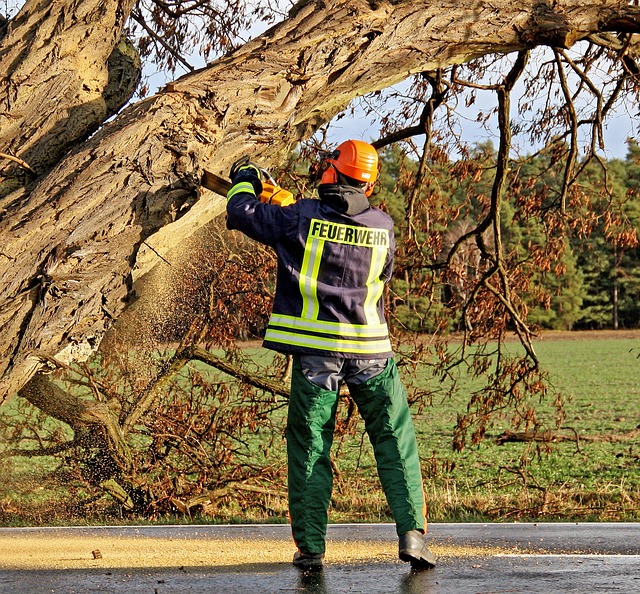
After a fire, selling a home in Chicago can seem daunting, but with the right approach, it’s entirely possible. The first step is to hire a reputable and experienced real estate agent who specializes in post-fire property sales. They will provide expert advice on navigating the process, understanding insurance claims, and preparing your home for potential buyers.
It’s crucial to disclose any fire damage to prospective buyers and their agents openly and honestly. While this might seem intimidating, transparency builds trust and can lead to a smoother sale. Your real estate agent will guide you through updating documents, providing estimates for repairs, and presenting your home in the best light, ensuring that you receive a fair price for your property despite the damage.
In conclusion, navigating post-fire property valuation in Chicago involves a complex interplay of legal considerations, insurance roles, and restoration decisions. Understanding these aspects is crucial for both homeowners looking to sell properties damaged by fire and investors seeking opportunities in the market. As seen throughout this article, whether it’s addressing the question, “can you sell a house that has fire damage Chicago?” or providing expert tips for successful sales, knowledge and professional guidance are key to ensuring a smooth transition during these challenging times.
